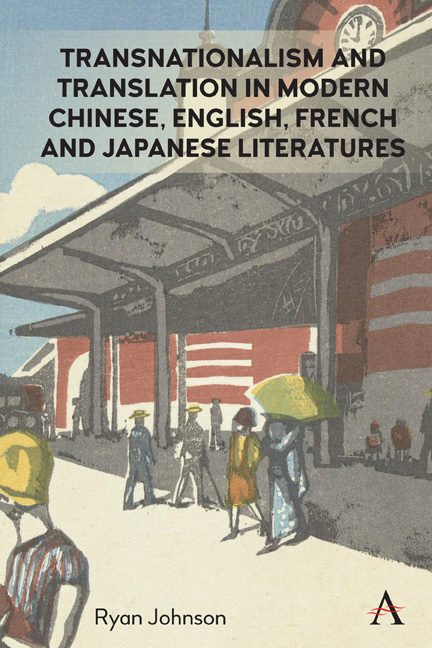Summary
Concluding Configurations of Comparative Poetics: Three Perspectives on Chinese and Western Literary Criticism, Zong-qi Cai revisits his earlier considerations of similarities between Chinese and Western poetics and contends that
with the ever increasing contact, interaction, and mutual influence across cultures, this area of resemblances will certainly expand substantially. In my belief, this expansion will not lead to the rise of “universals” at the cost of the waning or death of different cultural traditions. Quite the contrary, it will serve only to stimulate further development and enrichment of each indigenous tradition involved.
Cai's hopeful message is a coda to a book dealing mostly with classical poetics. By looking at literary dialogues across East and West in the twentieth century, this book has, in a sense, picked up where Cai left off. Against “universals” and a “strong” view of world literature and literary worlds, I have advocated for weakness and bottomless vagueness. My work, however, needed to approach the topic in slightly different ways, to broach both the kind of East– West problems Cai addresses as well as more recent work in world literature, and indeed in logic, to evaluate the systemic questions, the calls for “strong” and “weak” approaches, current in the theory of world and comparative literature. This concluding chapter returns to the core problems addressed in the introduction and in Chapter One: How are we to understand the relations between the actual world and the world or worlds of the text; how are we to understand literary works and the entities that compose them in translation; and how are we to understand our role as critics and translators? I gave tentative answers to all of these questions in Chapter One, but, having examined four different configurations of translation across literatures East and West, it is time to see whether more precise answers are forthcoming.
Throughout this book I have underscored the role of impossibility and impossible worlds in the formation of East–West literature. When we think about fiction itself, impossible worlds are not static entities that exist outside of time. What makes a world impossible is its status in what I have been calling the writer's constellation of belief, which itself interacts with the larger universe of belief of the writer's society.
- Type
- Chapter
- Information
- Transnationalism and Translation in Modern Chinese, English, French, and Japanese Literatures , pp. 191 - 198Publisher: Anthem PressPrint publication year: 2020



